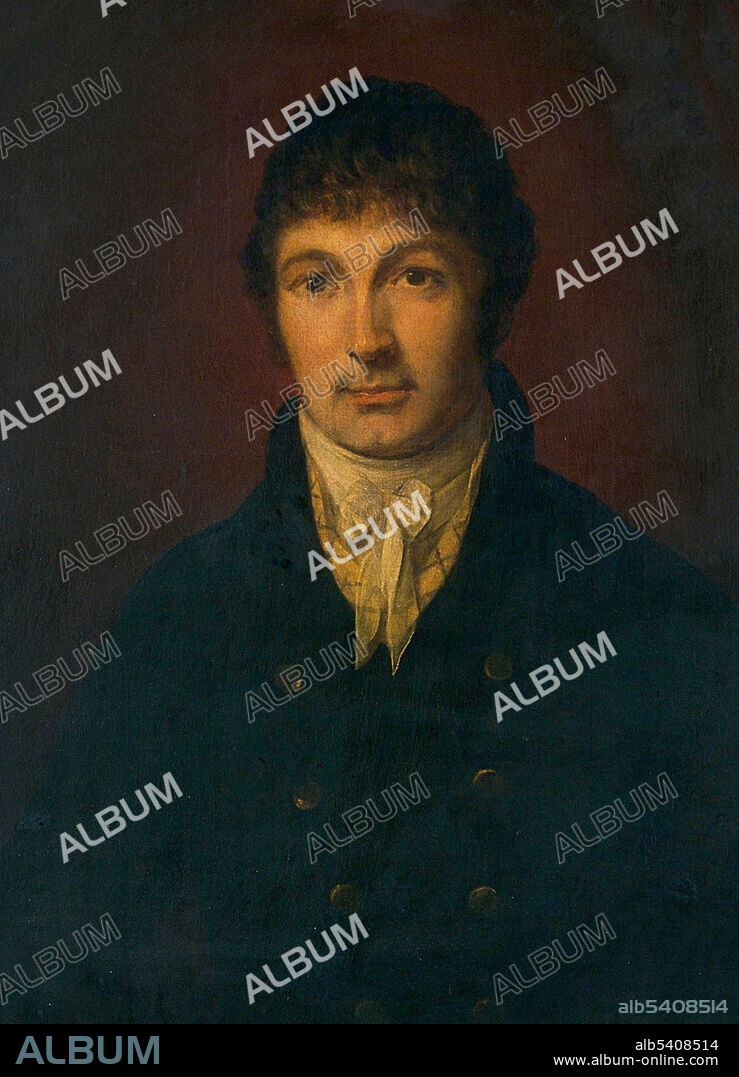alb5408514
Humphry Davy, English Chemist and Inventor

|
Añadir a otro lightbox |
|
Añadir a otro lightbox |



¿Ya tienes cuenta? Iniciar sesión
¿No tienes cuenta? Regístrate
Compra esta imagen.
Selecciona el uso:

Título:
Humphry Davy, English Chemist and Inventor
Descripción:
Ver traducción automática
Sir Humphry Davy, 1st Baronet (December 17, 1778 - May 29, 1829) was a Cornish chemist and inventor, best remembered today for isolating, using electricity, a series of elements for the first time: potassium and sodium in 1807 and calcium, strontium, barium, magnesium and boron the following year, as well as discovering the elemental nature of chlorine and iodine. He also studied the forces involved in these separations, inventing the new field of electrochemistry. In 1799 Davy experimented with nitrous oxide and became astonished that it made him laugh, so he nicknamed it "laughing gas", and wrote about its potential anesthetic properties in relieving pain during surgery. He was a Baronet, President of the Royal Society, Member of the Royal Irish Academy, and Fellow of the Geological Society. He also invented the Davy lamp and a very early form of incandescent light bulb. He joked that his assistant Michael Faraday, who later became an even greater chemist and physicist, was his greatest discovery. He spent the last months of his life writing Consolations in Travel, a compendium of poetry, thoughts on science and philosophy. Published posthumously, the work became a staple of both scientific and family libraries for several decades afterward. He died in 1829 at the age of 50. Oil painting, no artist credited, undated.
Crédito:
Album / Science Source / Wellcome Images
Autorizaciones:
Tamaño imagen:
3139 x 4350 px | 39.1 MB
Tamaño impresión:
26.6 x 36.8 cm | 10.5 x 14.5 in (300 dpi)
Palabras clave:
1778 • 1829 • ELECTROQUIMICO • FAMOSA • FAMOSO • HISTORIA • HOMBRE • INGLES • INVENTOR • PERSONALIDAD • QUIMICO • RETRATO DE HOMBRE • SIGLO XIX
 Pinterest
Pinterest Twitter
Twitter Facebook
Facebook Copiar enlace
Copiar enlace Email
Email
